Iran says no deal will be reached in Vienna until main points fully agreed upon
The spokesman for the Iranian Foreign Ministry says no agreement will be struck through the Vienna talks on the revival of the 2015 Iran deal until there is total consensus on the main issues of contention.
“We will not agree on anything until we agree on the generalities,” Saeed Khatibzadeh said at a weekly press conference in Tehran on Monday, hinting at an impasse in the course of multilateral talks that began over a year ago in Vienna.
Khatibzadeh said that certain issues remain unresolved and that the deal, officially known as the Joint Comprehensive Plan of Action (JCPOA), will not be subjected to any changes under a new agreement that would resuscitate the deal.
“We can say an agreement [in Vienna] is at hand once the remaining issues are resolved,” he said, adding, “What is being negotiated in Vienna is in compliance with the JCPOA. Both the deal and the UN Security Council Resolution 2231 are the benchmarks for the talks. Messages are being exchanged between Tehran and Washington via [European Union deputy foreign policy chief Enrique] Mora.”
‘Washington pursuing policy of procrastination’
Khatibzadeh went on to describe the atmosphere of the Vienna talks as positive, noting that Tehran and the P4+1 group of countries — Britain, France, Germany, Russia, and China — have done everything they could and are now waiting for a proper response from Washington to address the existing concerns.
“Washington has adopted a policy of procrastination,” the Iranian diplomat lamented. “[But] the atmosphere of the Vienna talks is still appropriate to resurrect the JCPOA.”
Negotiations have been held in the Austrian capital since April last year to restore the 2015 Iran deal, which was ditched by former US President Donald Trump in May 2018.
In quitting the agreement, Trump introduced what he called the “maximum pressure” campaign to bring Iran to its knees. Tehran maintains that the policy has failed dismally. The Joe Biden administration agrees, yet it has not taken any tangible steps to deliver on its promise of repealing the policy.
In recent months, Iran has cited Washington’s indecisiveness as the reason behind the protraction of the talks, as a number of key issues remain unresolved, ranging from the removal of all post-JCPOA sanctions to the provision of guarantees by the American side that it will not leave the deal again.
Release of Iran’s assets has nothing to do with US: Khatibzadeh
Elsewhere during the press conference, Khatibzadeh stressed that the release of Iran’s frozen funds has nothing to do with any third party, including the United States.
He slammed Washington’s efforts to interfere in issues related to Iran and drew a contrast between the conduct of US officials and President Joe Biden’s claim that Washington is ready to rejoin the JCPOA.
“What we are doing is certainly in the interests of the Iranian nation,” the spokesman said.
‘Gen. Soleimani's assassins won’t go unpunished’
Khatibzadeh also reiterated that those complicit in the 2020 assassination of top Iranian anti-terror commander General Qassem Soleimani will not go unpunished.
He said the perpetrators behind the assassination will be brought to justice.
General Soleimani, commander of the Quds Force of Iran’s Islamic Revolution Guards Corps (IRGC), and his Iraqi trenchmate Abu Mahdi al-Muhandis, deputy head of Iraq’s Popular Mobilization Units (PMU), were assassinated along with their companions in a US drone strike authorized by Trump near Baghdad International Airport on January 3, 2020.
Iraqi lawmakers approved a bill two days later, demanding the expulsion of all foreign military forces led by the United States from the country.
Both commanders were admired by Muslim nations for eliminating the US-sponsored Daesh Takfiri terrorist group in the region, particularly in Iraq and Syria.
The US assassination drew a wave of condemnation from officials and movements throughout the world and triggered huge public protests across the region.
Early on January 8, the IRGC targeted the US-run Ain al-Assad airbase in Iraq’s western province of Anbar with a barrage of missiles to retaliate against the assassination of General Soleimani.
‘Normalization deals emboldened Israel’
Khatibzadeh also said the normalization of diplomatic relations between some Arab states and Israel emboldened the Tel Aviv regime to further press ahead with its aggression against Palestinians in the occupied territories, slamming the international bodies’ silence vis-à-vis crimes perpetrated by Israeli forces.
“Unfortunately, we are once again witnessing that the bogus Zionist regime is desecrating [the al-Quds Mosque in the occupied Old City of al-Quds] and attacking worshipers. Over the past few weeks, many Palestinians have been martyred. International bodies have, however, kept mum” on the atrocities, the diplomat said.
He pointed out that Iran has contacted world bodies and the Organization of Islamic Cooperation (OIC) about the issue.
Khatibzadeh noted that Iranian Foreign Minister Hossein Amir-Abdollahian has sent a letter to the Jeddah-based OIC and has also had extensive talks with Ismail Haniyeh, the leader of the political bureau of the Palestinian Hamas resistance movement.
“The normalization of [ties] of some regional countries [with Israel] has unfortunately emboldened the regime. His (Amir-Abdollahian’s) consultations with officials from other countries will continue in the coming days. The expansionist and tension-making Zionist regime will stop its actions only by means of a strong response,” he said.
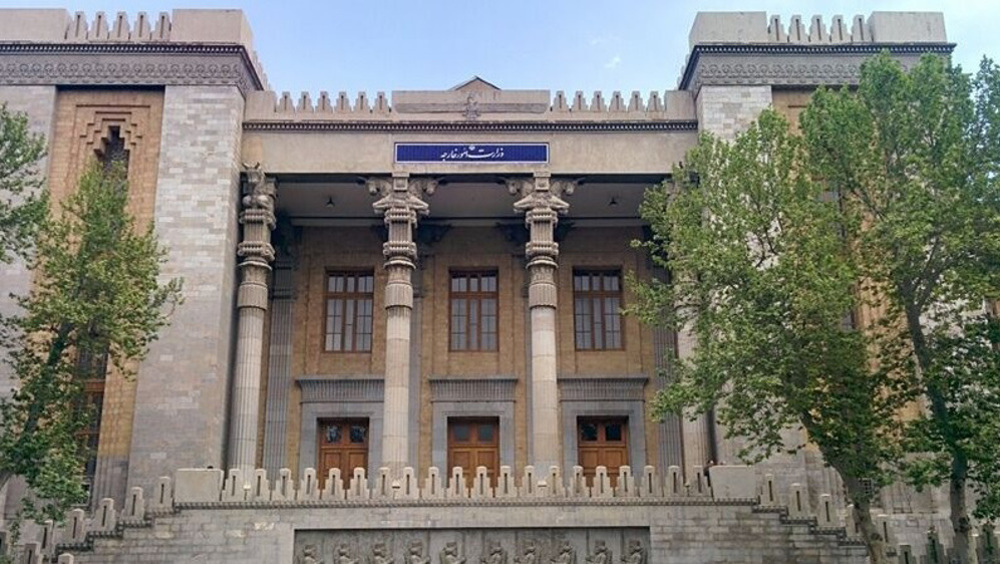
Iran summons Polish envoy over 'baseless, biased' drone claims
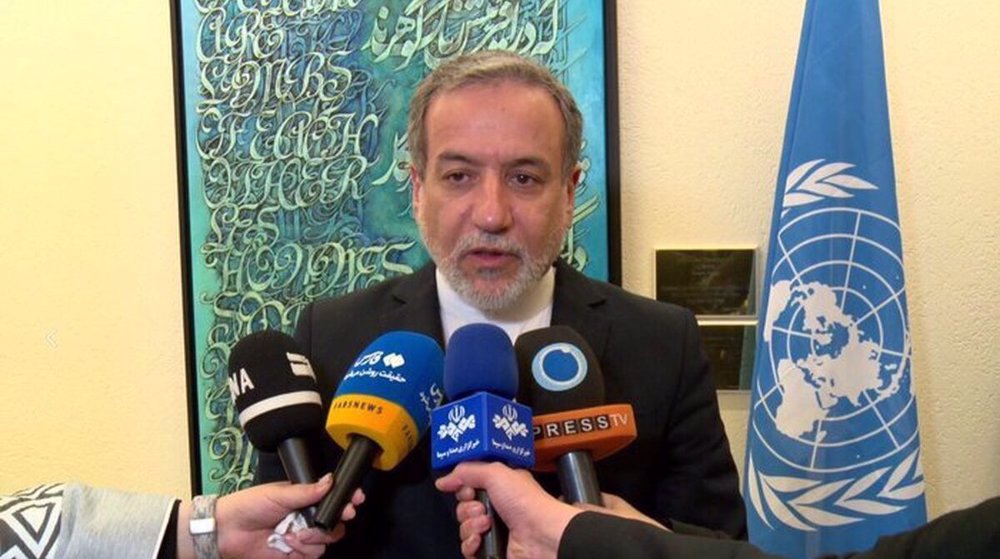
‘Misguided policies’: Araghchi says unjust sanctions inflict suffering on innocent Iranians
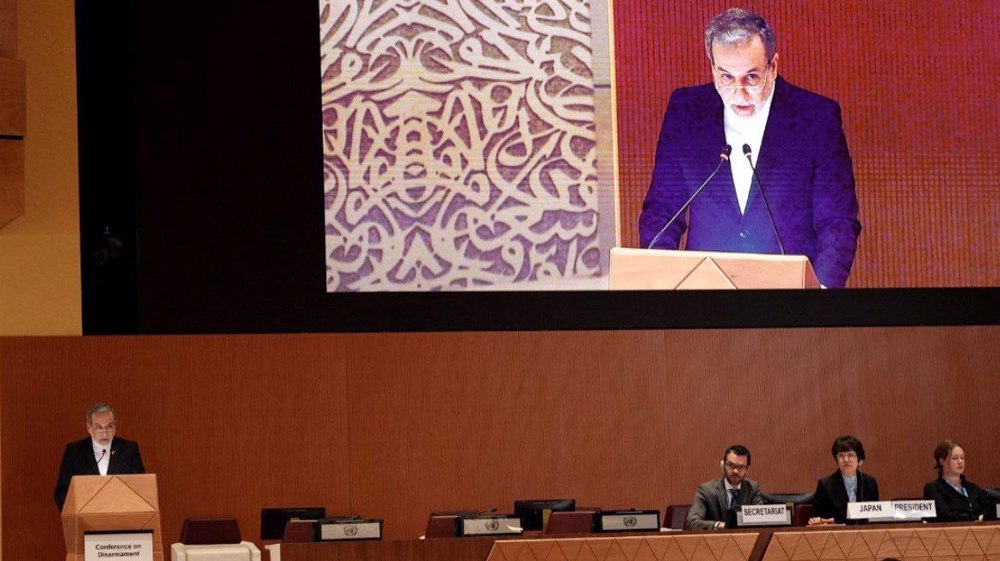
‘Grave threat’: Iran says Israel’s nukes endangering world, blasts US nuclear spending spree
Australian senator smeared by anti-Iran groups for saying Iranian women 'have a voice'
Hezbollah's display of power proved resistance cannot be eliminated: Iran parl. speaker
Israel escalates West Bank raids as official says regime seeking to complete Gaza genocide
Palestinian man dies in Israeli prison as Foreign Ministry urges intl. probe into regime’s crimes
Putin says not opposed to Europeans’ involvement in Ukraine talks
VIDEO | Iranian Kurdish protesters demand European action against PKK, PJAK terror
VIDEO | Israel expands offensive in northern West Bank, deploys tanks to Jenin
VIDEO | Spaniards fill streets of Cádiz in solidarity with Palestine


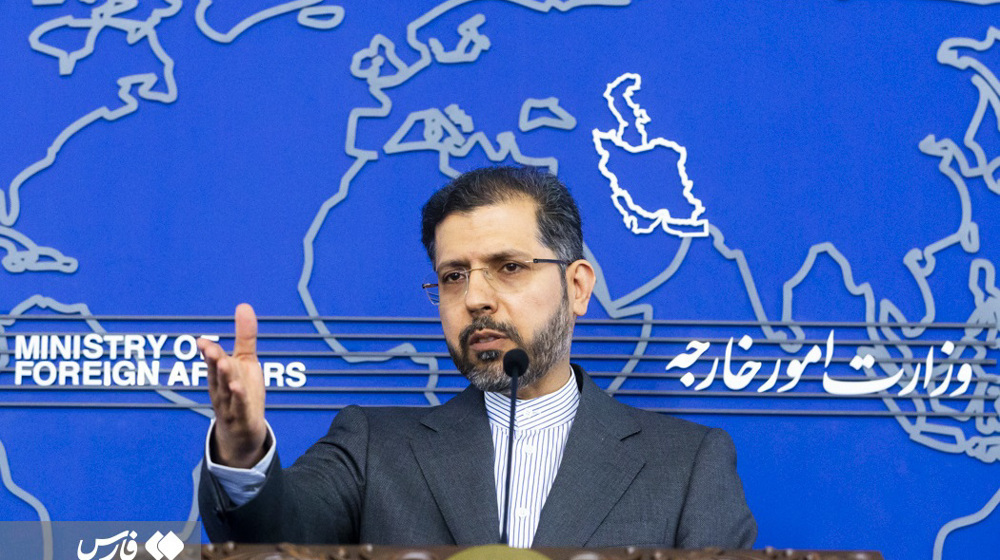
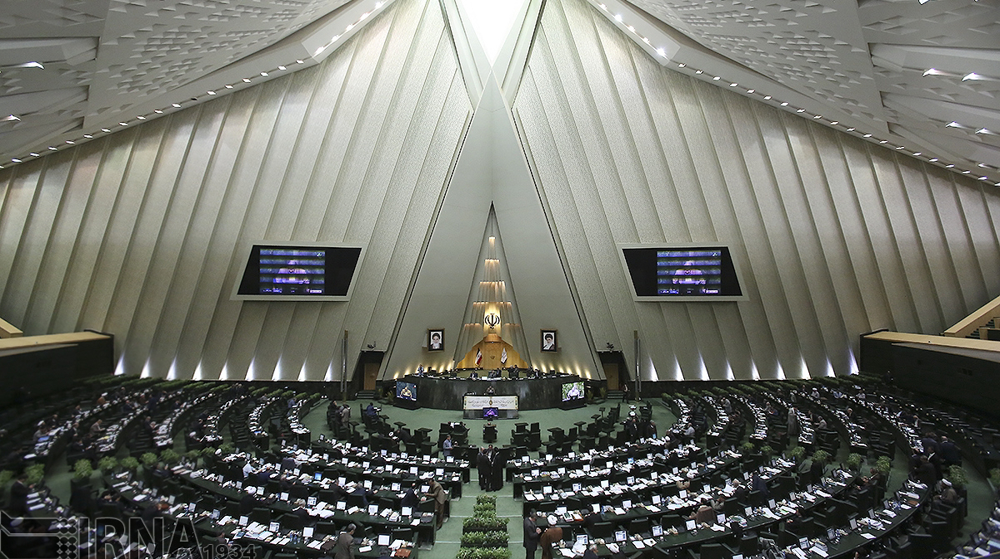
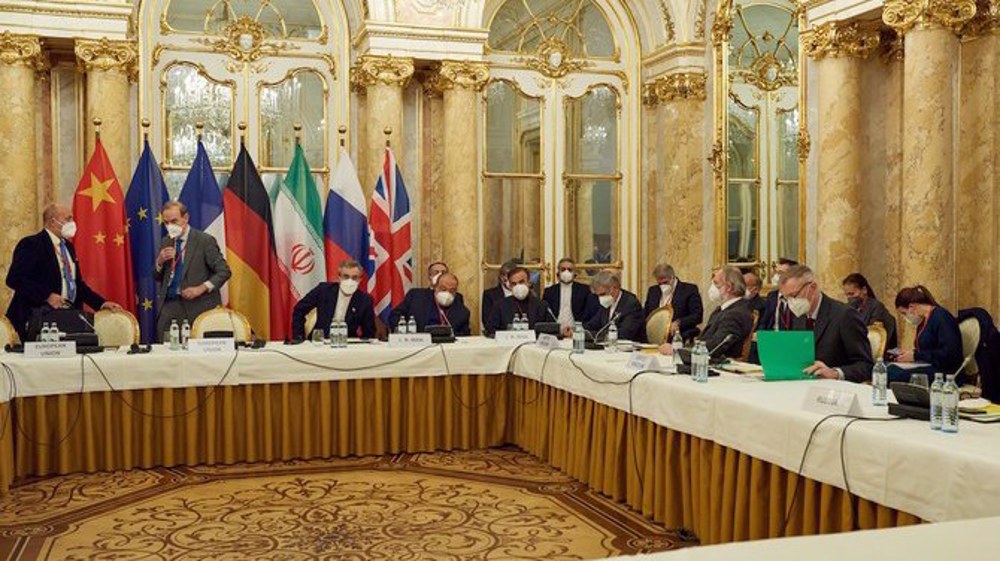
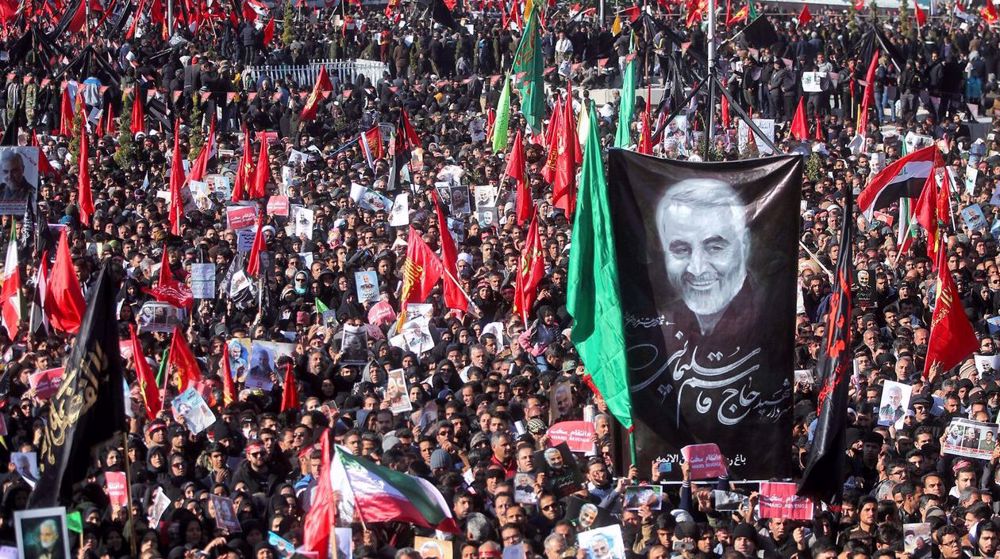
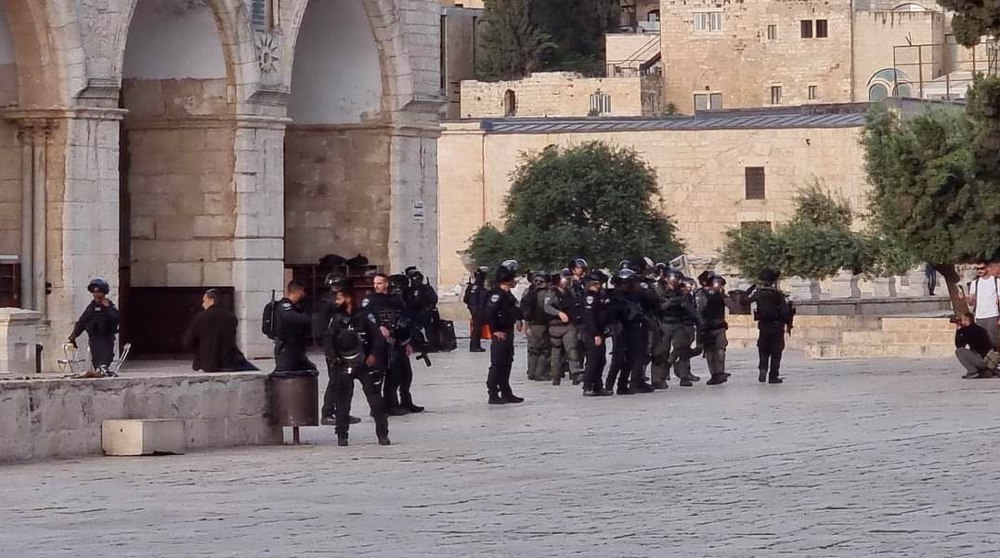



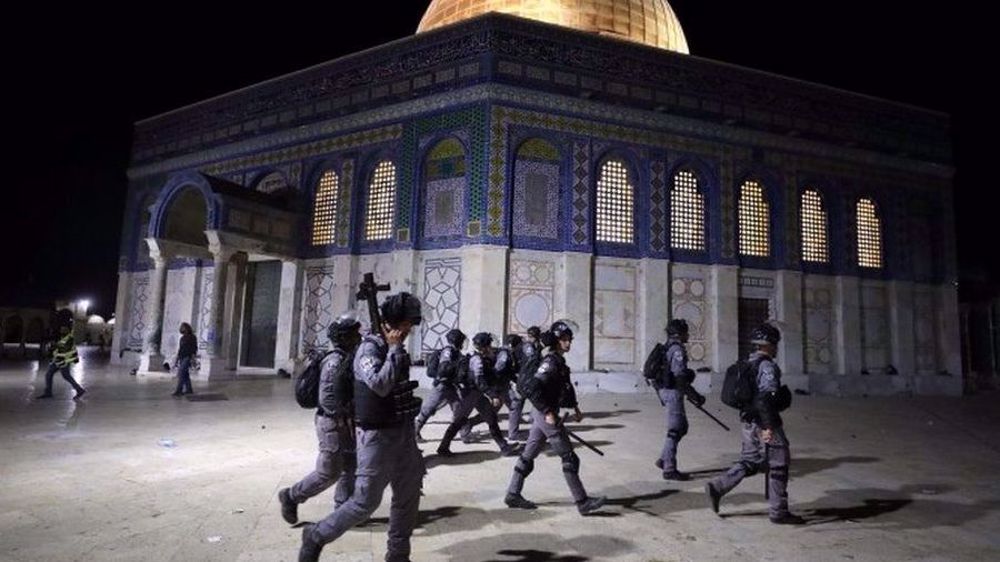
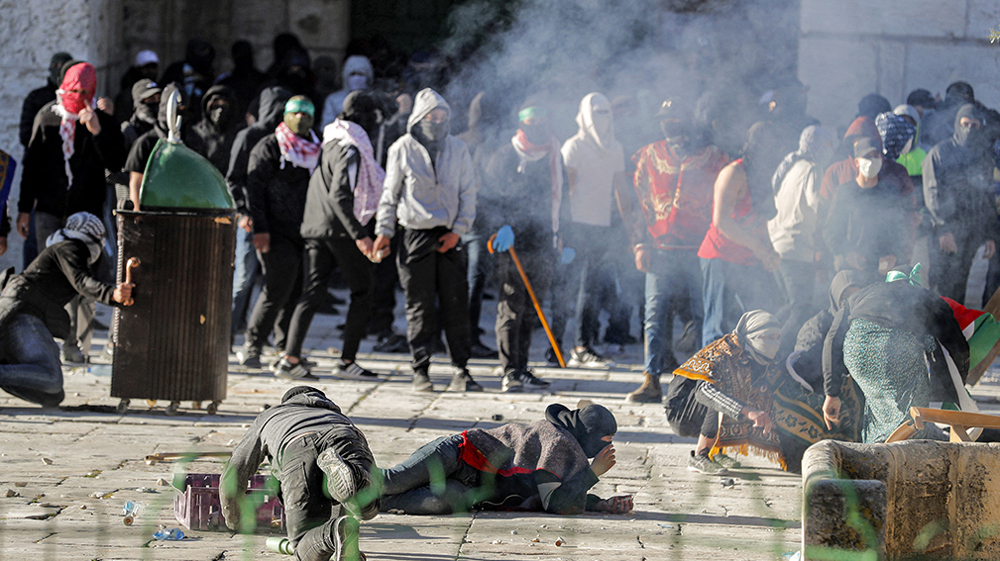
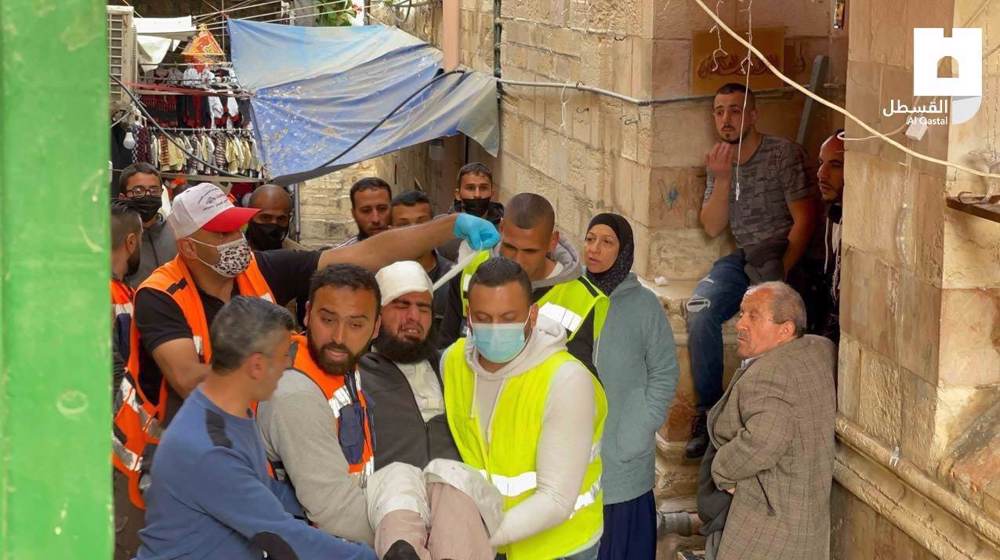
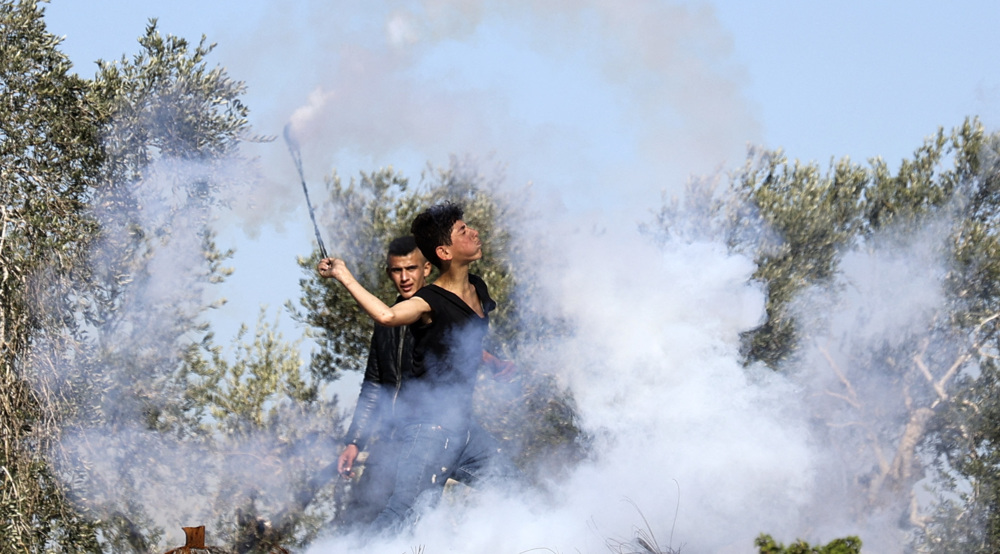
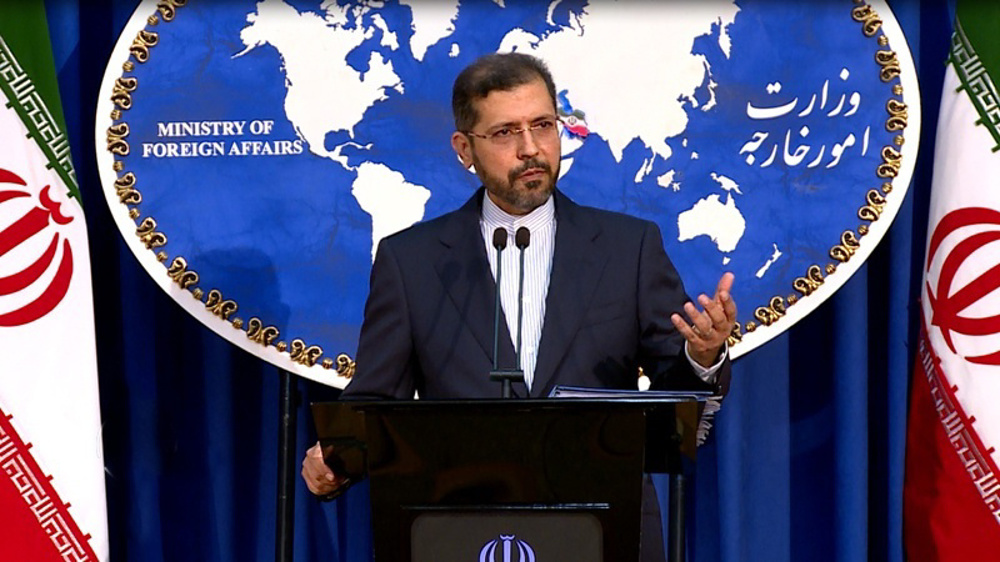
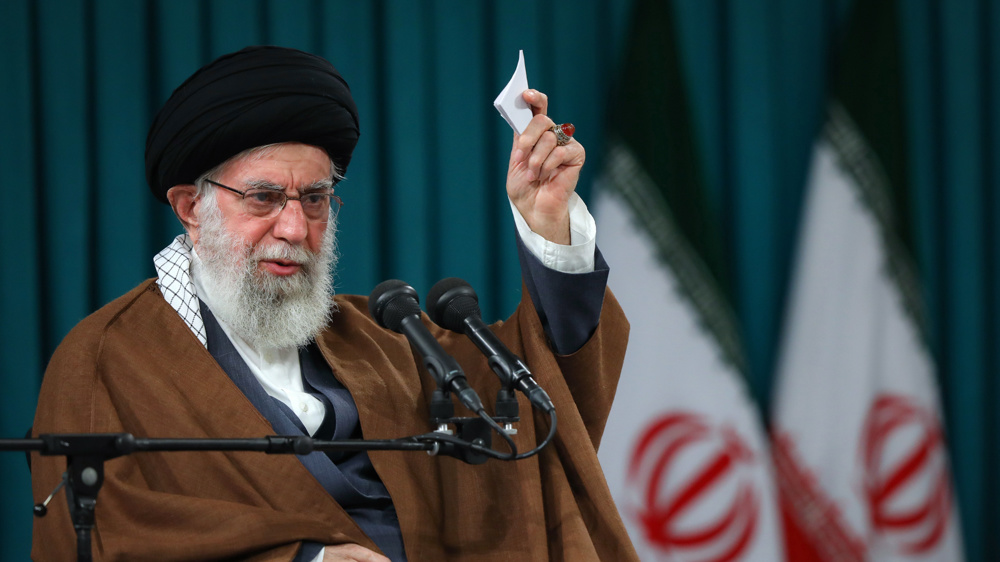
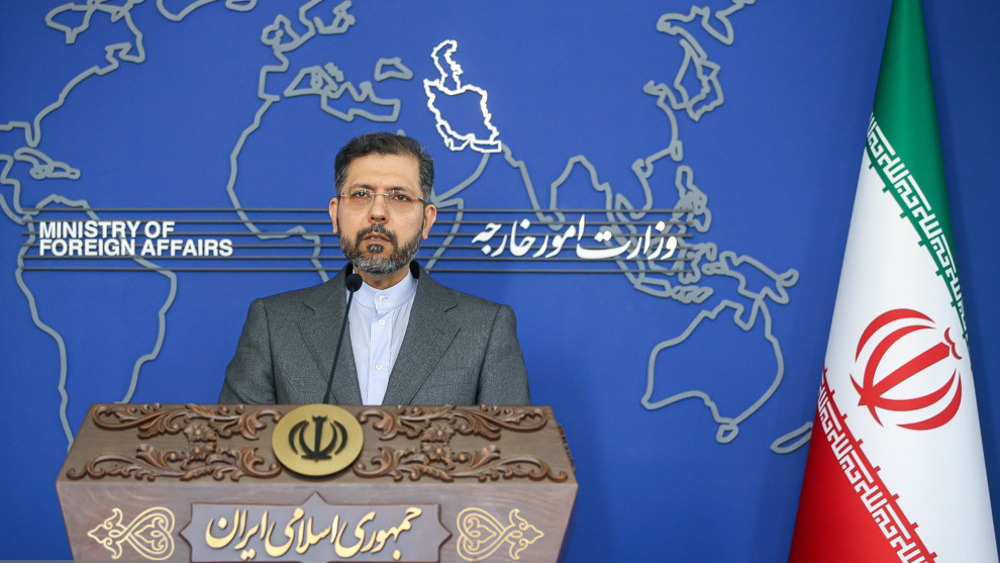
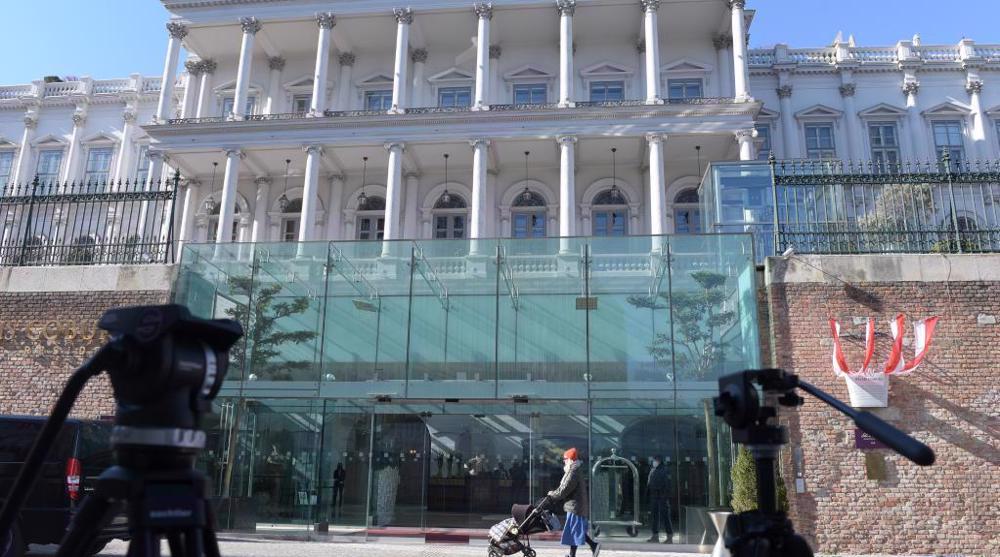
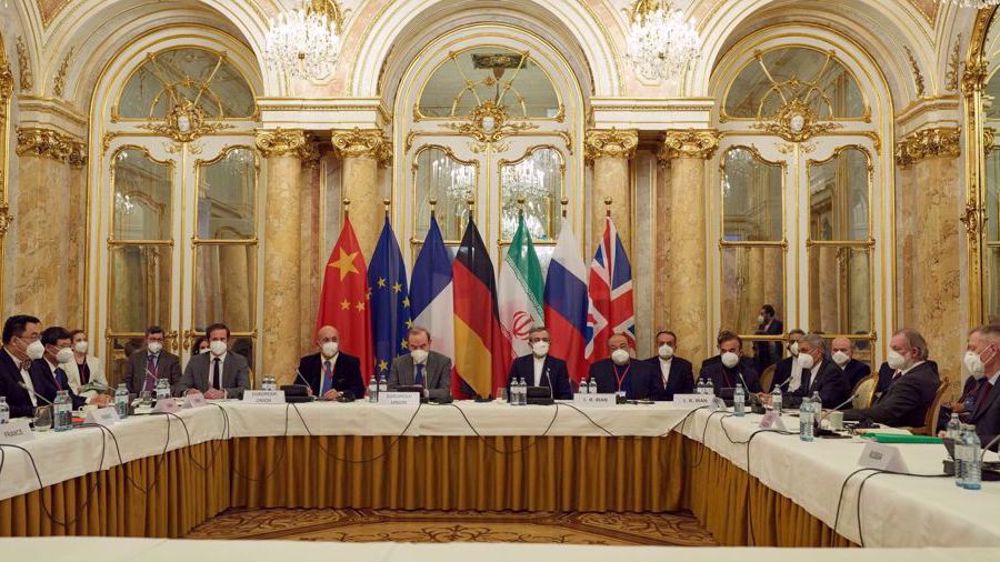
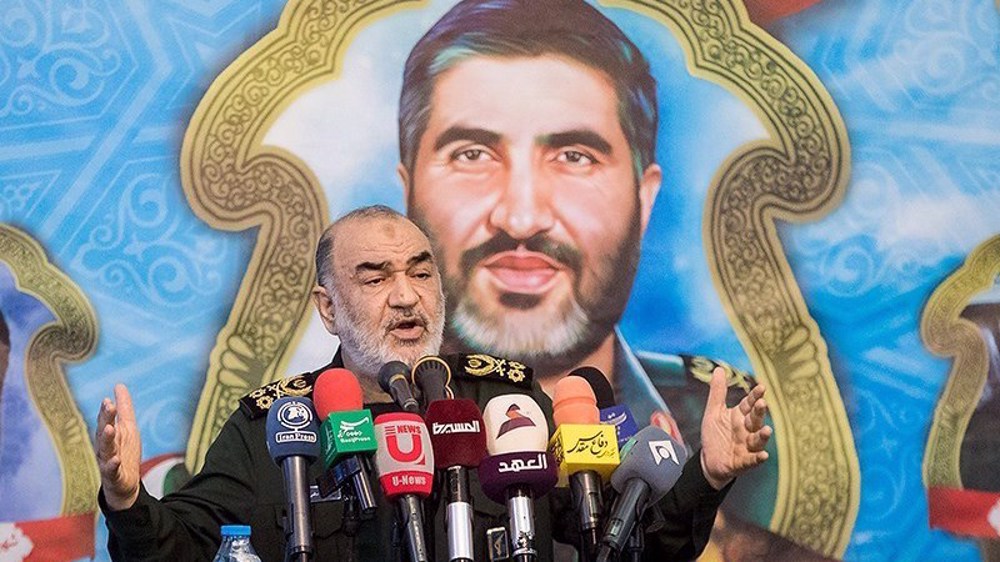

 This makes it easy to access the Press TV website
This makes it easy to access the Press TV website